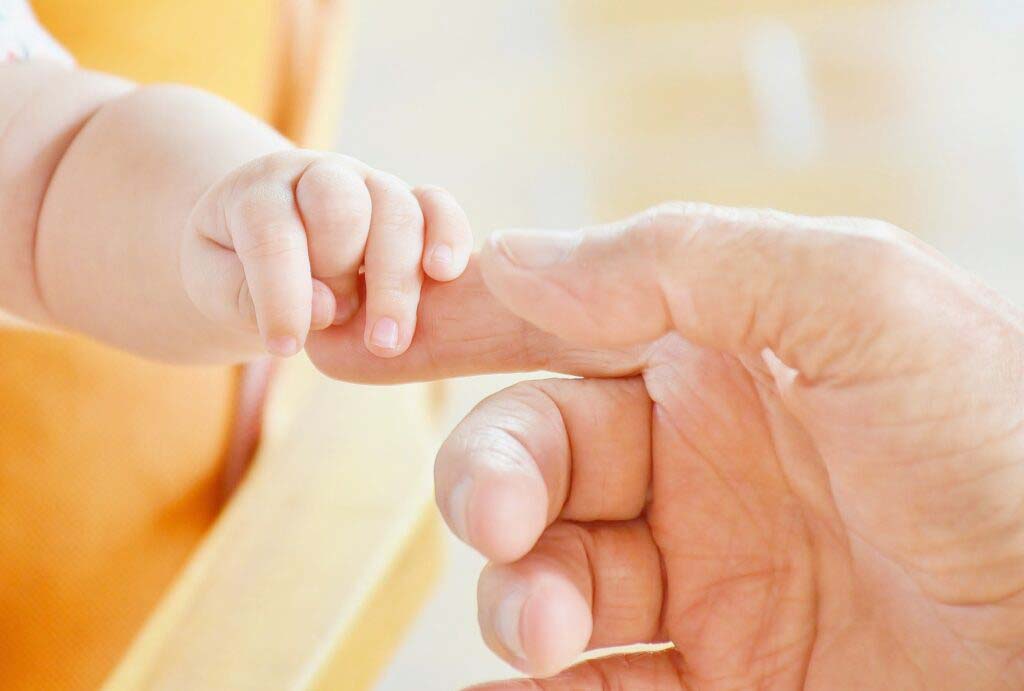
Don’t waste your last fertile decade so as to close the door to parenthood. If you do endlessly delay on the baby front you may find yourself in need of a plan. That plan may involve options that you did not ever consider for yourself a decade earlier. Why is it so hard to have a baby?
You may have read about the Sydney women placing notices on trees and telegraph poles to help find an egg donor. She would never have envisaged doing this a decade earlier. Her story encapsulates the lengths that women will go to in order to have a baby.
And why is it so hard these days to make babies?
The biggest obstacle is the baby backlash.
First society and the media reinforce the view that babies destroy your life. Did you read the article headed “Having a kid is probably my biggest life regret: ‘Wife concurs’”. This is not the prevailing view and yet given the amount of media attention invested in anti-baby sentiment, you would be forgiven for thinking the opposite.
Some people do not want babies for many valid reasons but the reality is that the overwhelming majority of people do not spurn parenthood. For the vast majority, having a baby is their biggest personal achievement and one that often they say far outweighs their successes on the professional front. So why is anti-baby sentiment reinforced so frequently. Why is negativity around procreation given a disproportionate amount of air time. The media would have us believe that it is actually the view of the majority of parents too scared to admit they feel the same way. In this way, the negative viewpoint is amplified and if you challenge it, you are accused of shaming.
In the article, support for regretting babies was bolstered by citing the existence of a facebook group of 28,000 followers. A facebook following of this size doesn’t exactly provide overwhelming evidence that the group’s view is one shared by most parents. It hardly debunks the idea of maternal bliss. You can find facebook groups to support just about anything.
A 2016 study was also cited in the article as further support for regretting babies and the author of the study interviewed a whopping 23 women. The author of the study admitted that she had difficulty sourcing these 23 interviewees and put it down to the least obvious explanation, societal pressure to see motherhood in a positive light only. Perhaps interviewees were scarce because for the vast majority, motherhood has a net positive effect. A cynic would say the study was designed for social media – the idea that maternal bliss is a fiction would undeniably attract clicks. Anything that shows people in distress attracts clicks and people have been conditioned to enjoy voyeurism. The limited study seemed so contrived as unlikely to get picked up by mainstream media but it did, and triggered a storm of commentary. The outcry was then framed as further evidence of the pressure women feel to lie about how they view motherhood – as evidence of repression.
Acknowledging a woman’s role in child bearing should not be antifeminist. Feminism should celebrate and value motherhood. A woman’s interest in having children is not maternal dogma created by institutions to keep women repressed but reflects a biological urge to procreate. The biological underpinning of the maternal desire does not mean that women cannot have a multifaceted life as both mother and career woman. Every minute of every hour of every day is not maternal bliss but life is not easy – we are beset with challenges and the joyous thing about having children is that its rewards are potentially the most meaningful. This is not artificial hyperbole but the actual lived experience of people on the planet. That is why so many people have children.
Sure we could do better in supporting the family. We are so clearly on the backfoot by setting women up to fail in even getting a baby in the first place. Society should not be tearing down traditional dating rituals and family structures as if they were passé when these cultural norms have proved themselves popular for good reason. They have succeeded and increased our happiness and well being.
People may whinge about their job and responsibilities but that doesn’t mean they would be happier without them. The bursts of joy that children give parents from when they first hold them continues for a lifetime. This joy does far more for parents over their lifetime than the nurturing required from parents during the baby years.
Second, it is difficult for older women to avail themselves of IVF. The IVF success rates for this older cohort are limited. Having encouraged women to delay, we have now consigned them to years of fertility treatment with the worst possible odds. Some countries also have age limits on the availability of IVF leaving women over 42 or 43 without options. And clinics catering to a particular subset of the population like the older cohort are more likely to be based in countries with a developed IVF industry, and a proliferation of clinics. IVF for a 40 year old is a very different story compared to a 30 year old. The treatment is different. So women may need to travel to get access to more individualised care if the care they receive at home is standardised for the younger cohort. Obviously reproductive travel is costly and constrains a woman’s ability to undergo repeat cycles and therefore her chances of having a baby.
The third obstacle is legal. Parents who leave it late to have babies may not succeed even with IVF. Their only chance of having children may be with donor eggs, donor sperm and/or surrogacy. Some countries have laws that ban donors and surrogates from being compensated even though arguably not compensating egg donors and surrogates for undergoing IVF is more exploitative. Why is it better to give nothing than to give some form of monetary gratitude beyond a strict reimbursement of expenses. Donors are motivated for altruistic reasons and a compensatory element should not somehow deny their altruistic motives.
The altruistic requirement for donor eggs and surrogates has some would-be parents faced with a donor shortage or the difficulty of connecting with a surrogate relying upon a family member or a friend or someone they have met through informal channels to donate their eggs or carry their baby. Donating eggs is not like donating sperm. It entails IVF drugs, ultrasounds, blood tests and day surgery in an IVF clinic to extract the donor eggs. Risks also apply to surrogates. Unsurprisingly, not many women volunteer for this absent a personal relationship with the intended parent. And even if a sister or friend offers their eggs, many women would prefer a ‘no strings attached’ donation rather than run the risk of problems down the track if the relationship sours for whatever reason. However until the laws in countries like Australia, the UK and Canada permit commercial egg donation and commercial surrogacy, parents in those countries will sometimes resort to overseas travel to donor and surrogacy friendly countries.
All of these obstacles mean women need to plan to have babies with these obstacles in mind. And one plan is not enough. Any one of these obstacles may necessitate adopting a fallback plan, and likely one that was less preferred at one point in time. No-one wakes up and decides to have a baby using the most difficult method available possibly accessible only in another country – it is something that is done after years of heartache and longing.
I hope the woman putting up posters finds herself an egg donor, but it’s a long shot. Maybe faced with recurring donor shortages, she felt she needed to take matters into her own hands. The image of her putting up posters on telegraph poles should be one every hope-to-be parent keeps in mind. Planning for late parenthood and what it entails should keep a would-be parent focused on improving their baby odds.


